A Wisconsin Doctor's Perspective On ACA Repeal
As a new president took office after campaigning hard against the Affordable Care Act, a University of Wisconsin physician is urging caution on making immediate changes to the health care system.
January 23, 2017
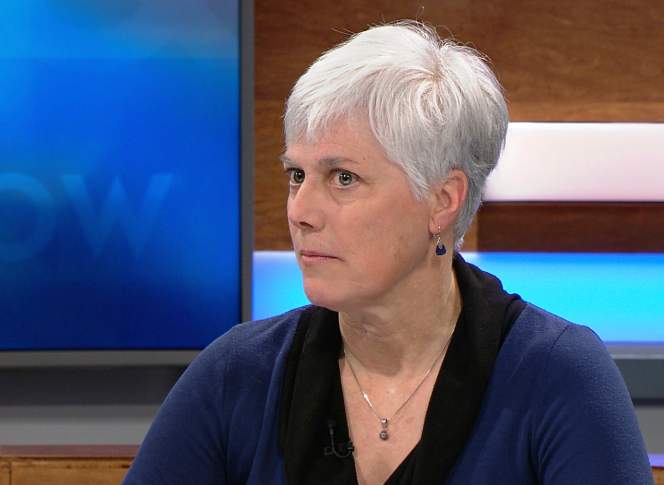
HAN: Melissa Stiles on Affordable Care Act

As a new president begins his term after campaigning hard against the Affordable Care Act, a University of Wisconsin physician is urging caution on making immediate changes to the health care system.
Melissa Stiles, a professor of family medicine at the University of Wisconsin School of Medicine and Public Health, discussed the past and potential future of health care in the United States in a Jan. 20, 2017 interview on Wisconsin Public Television’s Here And Now.
Stiles detailed the uncertainty her patients face as Republicans in Congress move to repeal the ACA without specific replacement policies in place. Looking back to pre-ACA days, she recalled knowing a lot of patients who struggled to afford health insurance but didn’t qualify for Medicaid, or had trouble getting coverage because of pre-existing conditions.
People in Wisconsin who gained insurance under the law but would otherwise fall into that gap currently number about 225,000, Stiles said.
“The people that were most affected by this were people who had small businesses,” Stiles said, “We had a number of dairy farmers. A lot of those couples had to have a second jobs for health insurance.”
Now, Stiles said these people are worried about once again being tied to a job for health insurance. If the ACA is repealed without an immediate replacement, up to 30 million people could lose their insurance, the Urban Institute estimated, with up to 400,000 of those losses possible in Wisconsin.
Passing and implementing ACA prompted a lot of uncertainty, as the federal government and some state governments launched online insurance marketplaces, while insurance companies and health care providers prepared to comply with the law’s complex package of new processes and regulations. Indeed, the ACA’s very complexity is what makes it tough to “repeal and replace,” because the key elements — like requiring everyone to have insurance and forbidding insurers to deny coverage based on pre-existing conditions — are all interdependent.
While Republican-backed proposals have yet to cohere into a similarly comprehensive bill, potential elements include expanding the use of health savings accounts and high-deductible plans. Stiles said these policies would mean the U.S. health care system is entering uncharted waters. On the other hand, at least some aspects of ACA — universal coverage, the individual mandate — have been implemented in some way, including at the state level or in other nations with universal systems. In many ways, the 2006 Massachusetts healthcare reform law, served as a blueprint for ACA.
“When we look at what’s being put forth — high-deductible plans coupled with health savings accounts — there is no demonstration project for that, not even in a city, region, state or another nation that has done that,” Stiles said.
Stiles is a member of the state chapter of Physicians for a National Health Program, which supports the adoption of a national single-payer health insurance system.She didn’t speak about this stance in the interview.
As policymakers and the public go forward, Stiles advised that people should remember any major change in the overall health-insurance market will impact all policyholders, including people who get their coverage through their employers. Healthcare providers and insurers — whatever they thought of the law at the outset — have done a lot of work to come into compliance with ACA. With its provisions in place, a new round of changes could instigate more uncertainties. Stiles pointed to an op-ed by Wisconsin Hospital Association president and CEO Eric Borgerding, who warned that “an abrupt U-turn could backfire, causing even greater dissatisfaction and frustration than already exists.”
Stiles shared a similar warning. “A lot of organizations are calling for caution,” she said. “And the concern is not so much if we do repeal, not so much what we repeal it with. The concern is as much as how we do it.”
 Passport
Passport




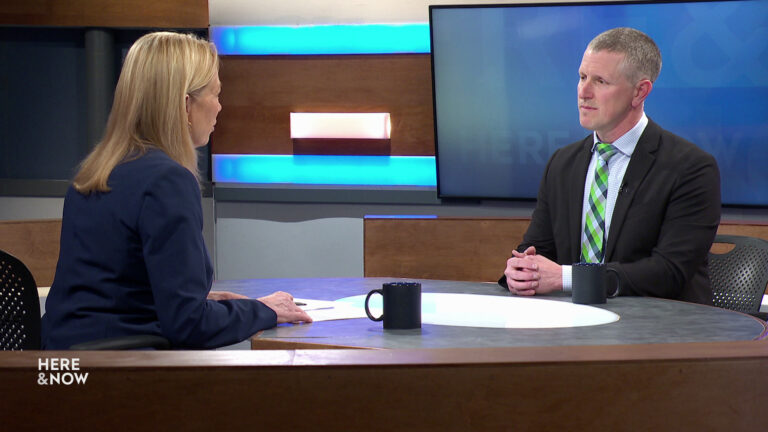
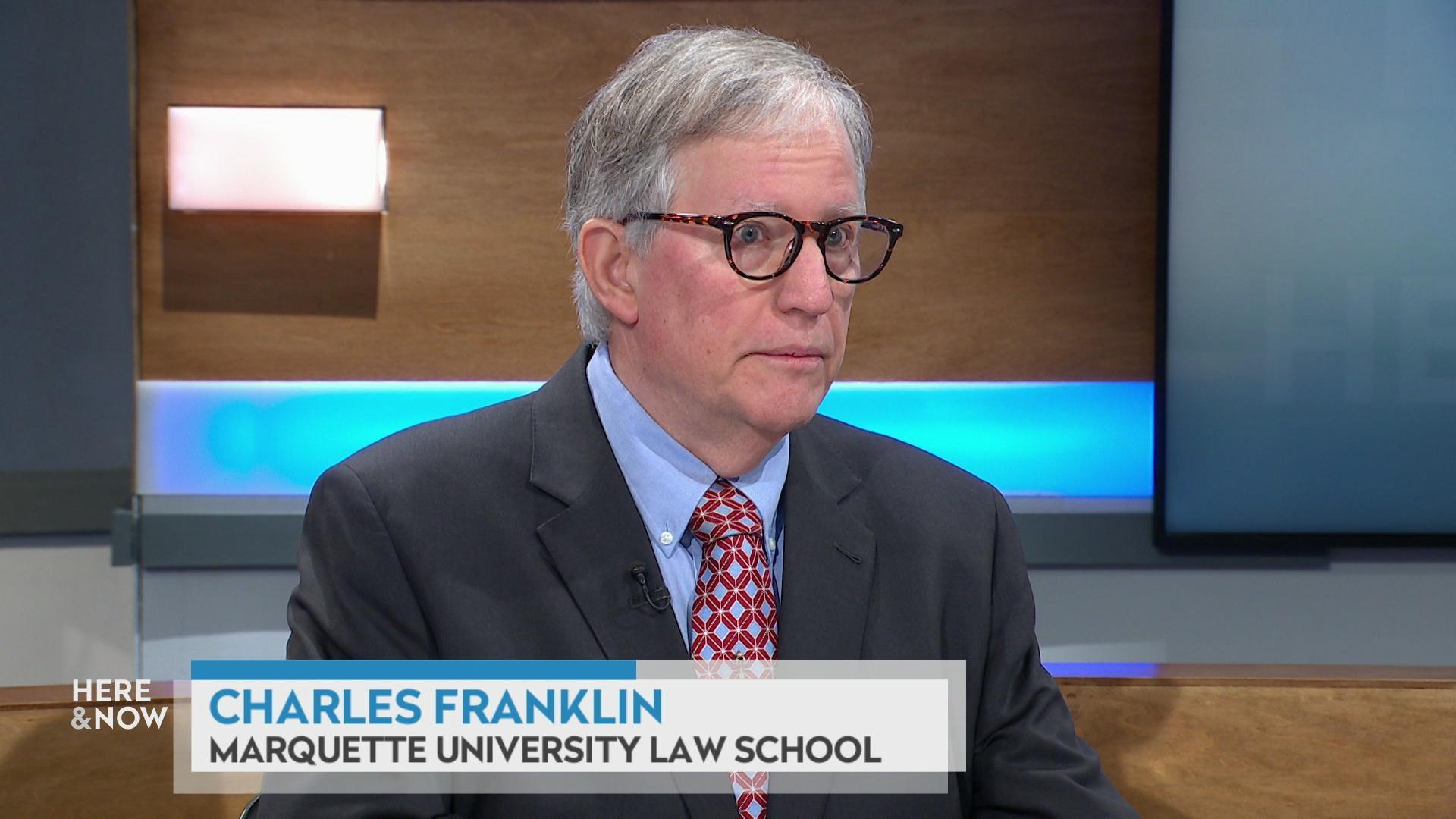
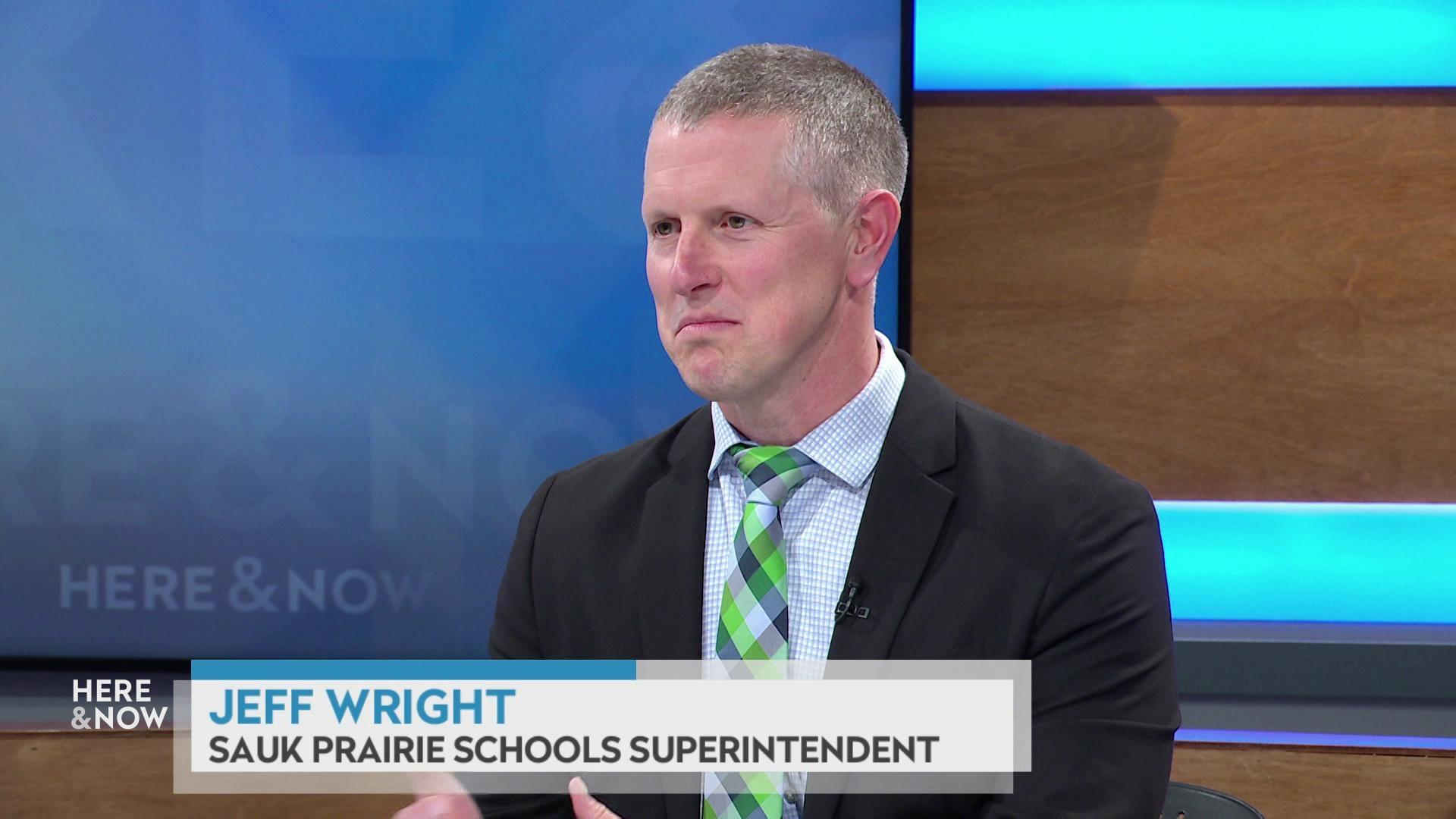
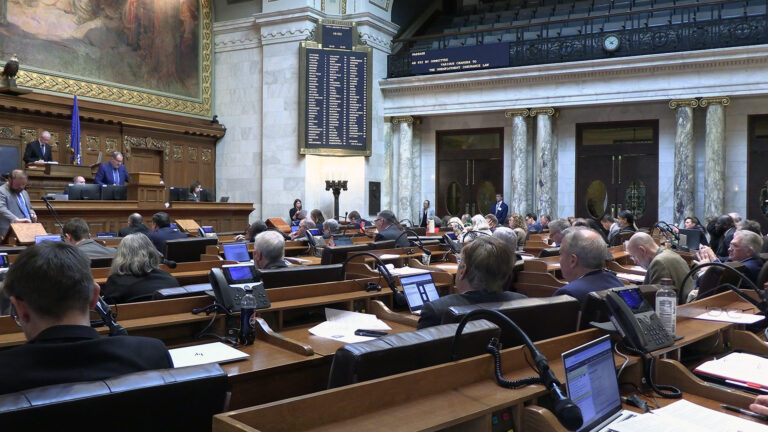



Follow Us